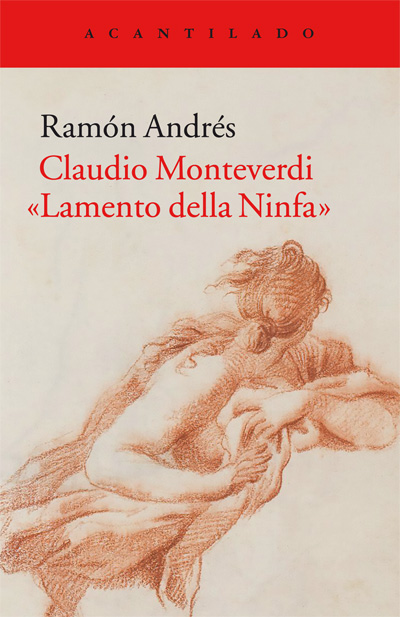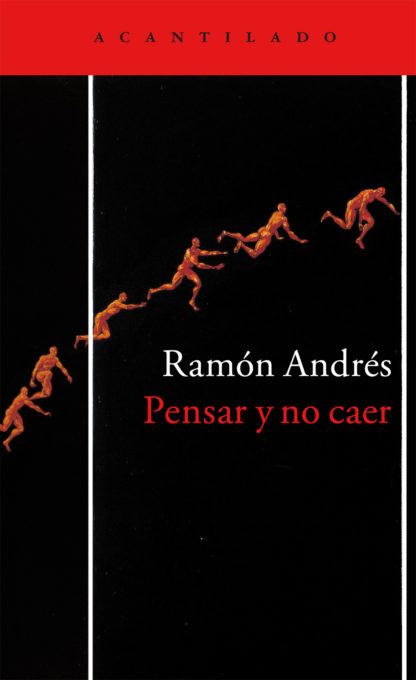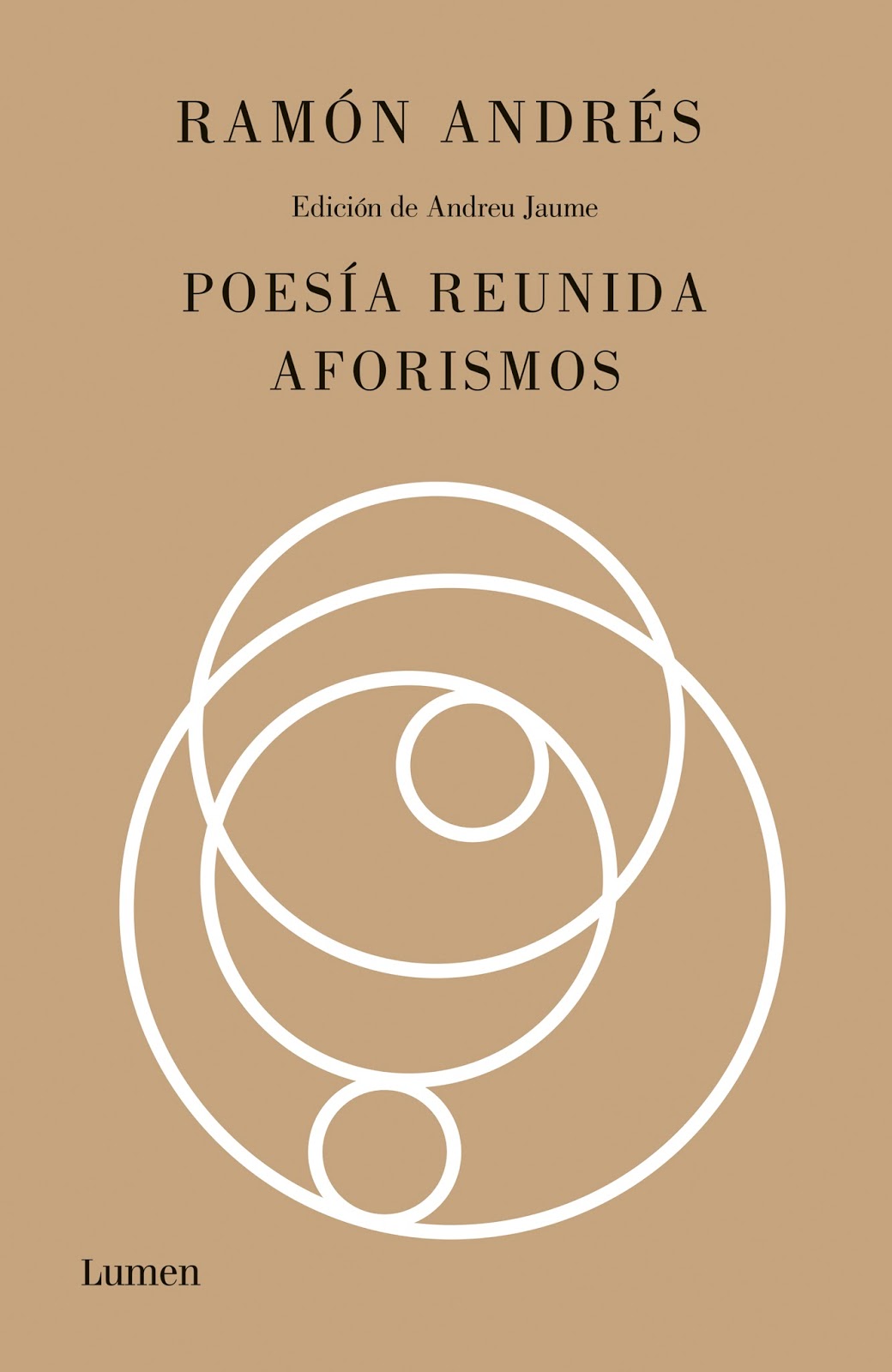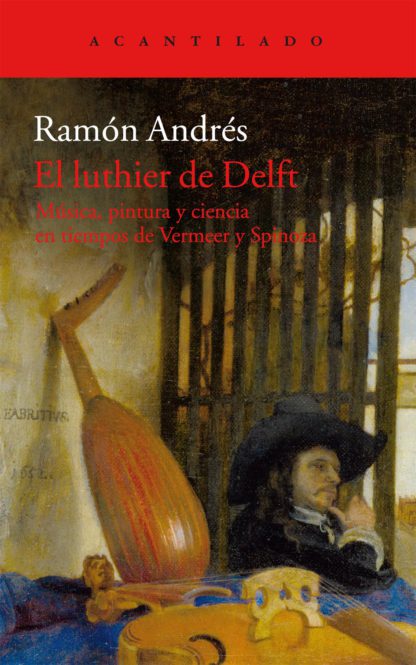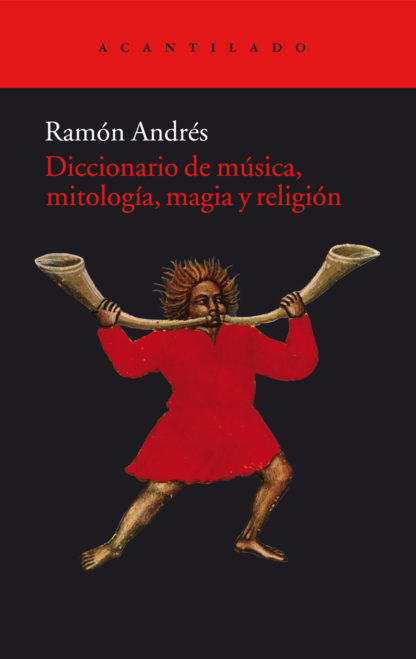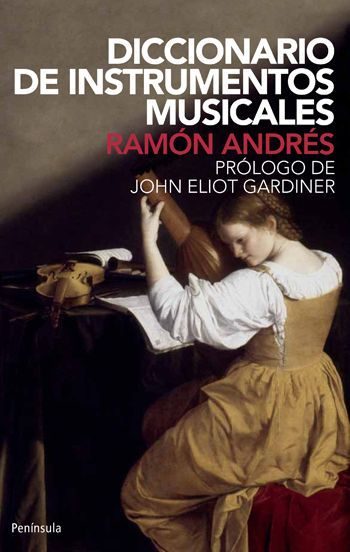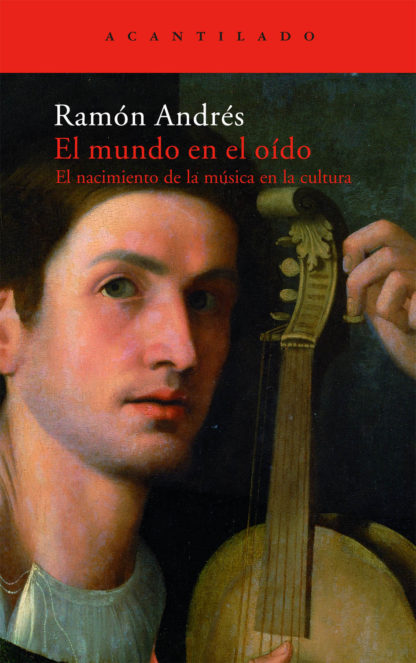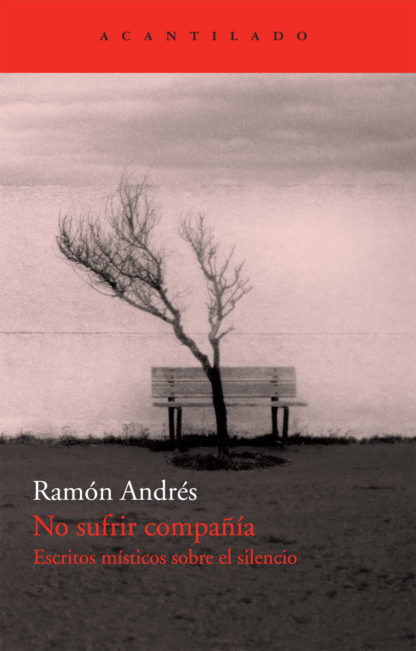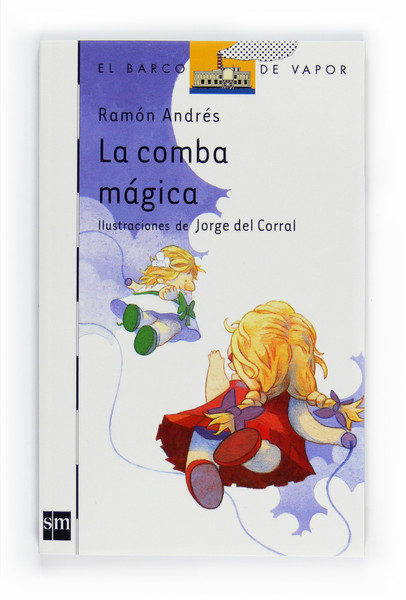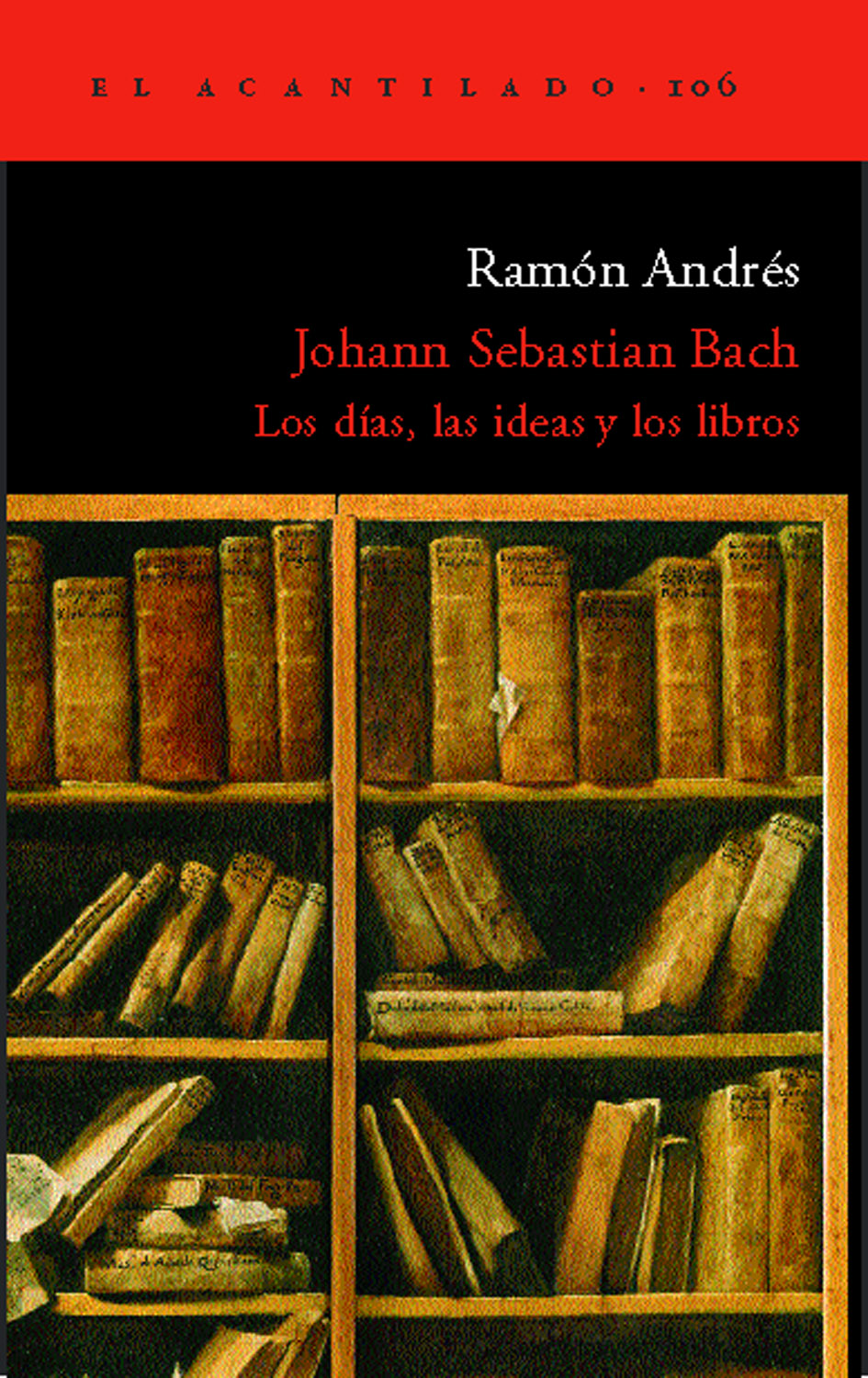
Semper dolens. Historia del suicidio en Occidente
Acantilado, 2015 | Semper dolens. A History of Suicide in the West
“Ramón Andrés, a one-off in this country, is the author of highly readable and scholarly essays”. Carles Barba, La Vanguardia
“Andrés delves into the farthest reaches of time in his prolific and extremely wide-ranging historic examination of suicide, for suffering when faced with the inevitable prospect of death is inextricably linked to the emergence of consciousness, that mechanism in our brains able to foresee and, by extension, to represent our own end, and thus to ask ourselves questions”. Francisco Calvo Serraller, El País
“This brave, insightful book speaks not of devastation, but of men and women. Of strangeness. Of the elements. Of the void. Of deaths that only make sense due to life itself”. Antonio Lucas, El Mundo
“Among the most inimitable voices in contemporary Spanish essay-writing”. Iker Seisdedos, El País
“Semper dolens, a painstaking account of how “voluntary death” has been understood, judged and exercised in our culture is (let’s make no bones about it) a work of staggering scholarship.” Rafael Nuñez Florencio, El Cultural
“Ramón Andrés delves deep into the history of suicide with admirable skill.” Álvaro Colomer, La Vanguardia
“The depth of Ramón Andrés’ learning is astounding.” Luis Fernando Moreno Claros, El País
“With equal rigour, Andrés explore literary works concerning suicide and statistical or historical documents, offering a far-reaching overview of the subject.” Toni Montesinos, La Razón
“Only a view of the subject unblinkered by prejudice can hope to do justice to one of the core aspects of our culture. An extraordinary book.” Patricio Pron, Letras Libres
“Semper dolens is, above all else, a book about the complexity of life, a beautifully written book, a book that is truly unmissable.” Sara Mesa, Estado Crítico
“Far from controversy-seeking musings, Andrés has written a well-researched, insightful and respectful discourse that speaks openly and with a lightness of touch of physical and moral suffering as an essential part of human life”. Ignacio F. Garmendia, Mercurio


